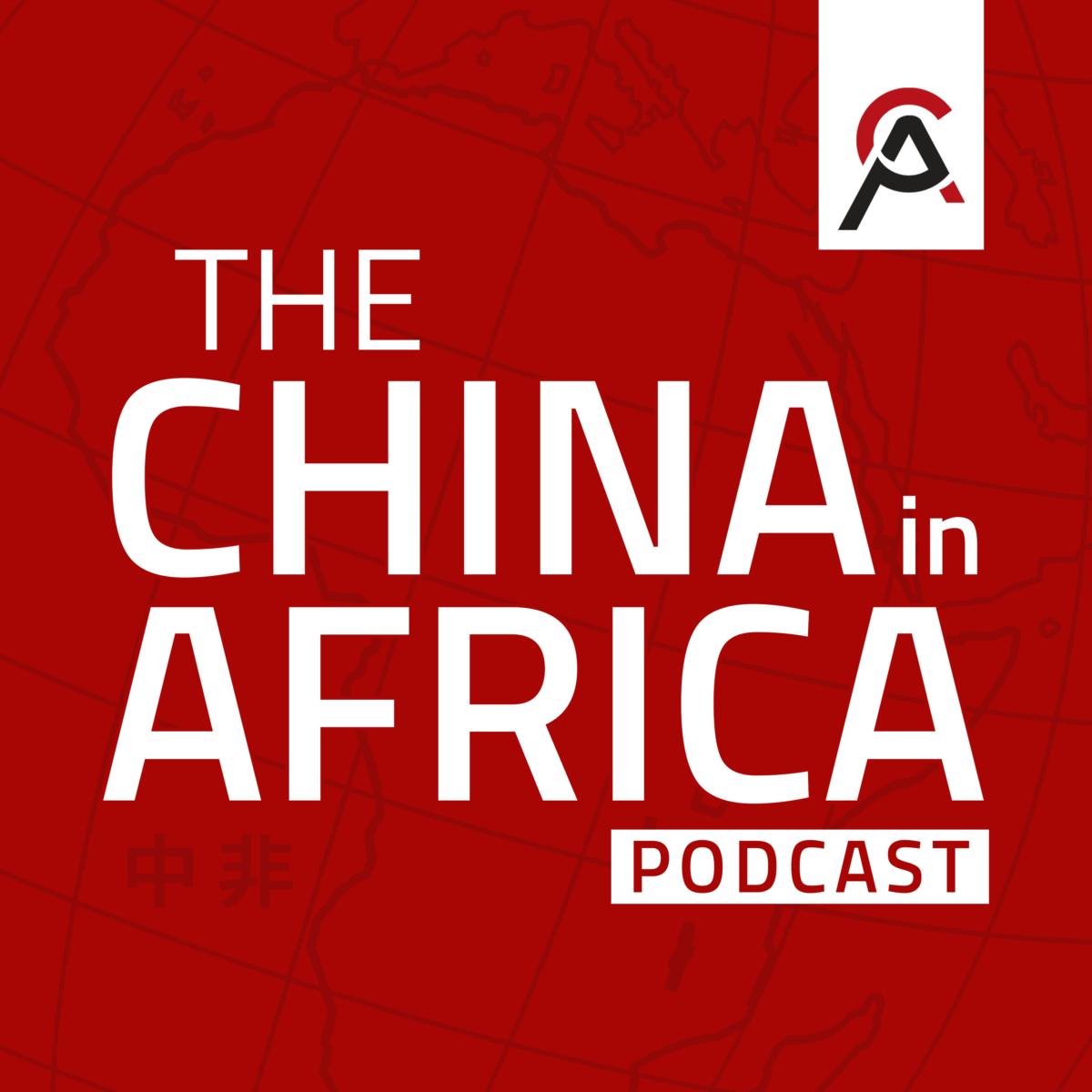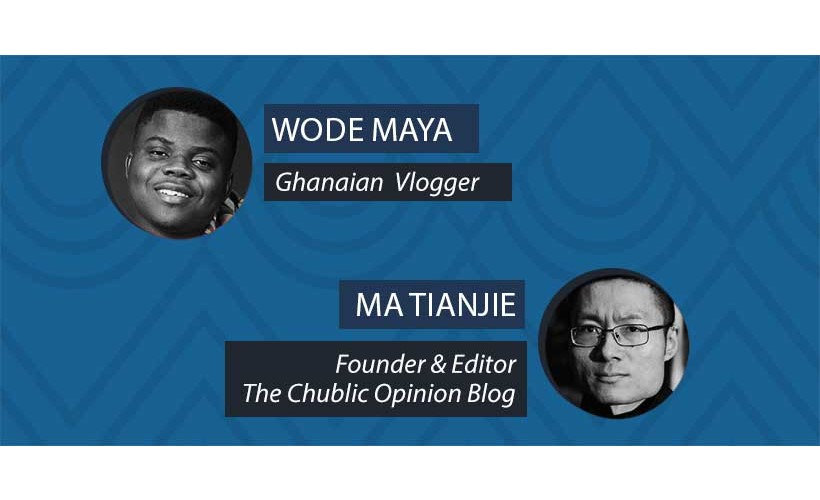Perceptions over what led to the crisis in Guangzhou back in early April remain deeply divided among Chinese and African stakeholders. Chinese officials vehemently deny that Africans were specifically targeted for additional health COVID-19 health screenings (“epidemic prevention” in the Chinese parlance), forcibly evicted from their residences, and subjected to discrimination. Authorities insist that foreigners, including Africans, are treated just like everyone else and that what happened in Guangzhou was the result of a “misunderstanding” as part of a broader effort to contain the spread of the deadly virus in the southern Chinese city.
For the most part, Chinese public opinion seems to agree with the government’s explanation of the situation.
But among Africans — many in China and especially across the continent — things are seen very differently.
In this week’s double edition of the podcast, we attempt to push past the top-line narrative about the Guangzhou crisis and the widening chasm in the China-Africa civil society relationship. First, we speak with popular Ghanaian vlogger Wode Maya about why this crisis has made him so angry about China’s treatment of Africans and the way that Chinese officials have gone about trying to explain it. Then, we turn to one of China’s leading public opinion experts, Mǎ Tiānjié 马天杰, the founder and editor of the Chublic Opinion blog, to better understand how China perceives immigrant communities like those in Guangzhou and how the government’s actions there are seen by the larger society.
It should go without saying that both Wode Maya and Mǎ Tiānjié 马天杰 don’t represent either Africa or China. No. These are just two individuals’ perspectives that we hope will help add a bit of texture and nuance that is lacking in so much of the current conversation about this contentious issue







